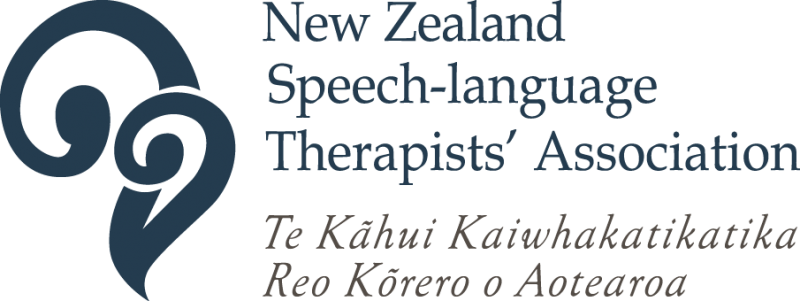Why speech-language therapy?
In the words of Jana, a first-year master's student at the University of Auckland...
Is SLT a good fit for me?If you love:
then speech-language therapy might be an excellent fit for you. Find out more:
|
Which university programme?
There are currently three accredited institutions and four pathways – every university programme has points of difference, and all of them meet the NZSTA accreditation standards for graduating students:
For those who have not yet completed a Bachelor's degree:
- Massey University's Bachelor of Speech and Language Therapy with Honours
- University of Canterbury's Bachelor of Speech and Language Pathology with Honours
For those who already have a Bachelor's degree:
- The University of Auckland's Master of Speech Language Therapy Practice
- University of Canterbury's Master of Speech and Language Pathology
What to expect in your training
The training is a mix of coursework and hands-on clinical practicum. Students describe the training as challenging but highly rewarding.
It is well suited to people who enjoy working alongside and helping people achieve their communication and/or swallowing goals. It is a profession that requires people to be culturally competent, empathetic, creative, thoughtful, and have excellent communication skills.
People who are interested in science, linguistics, research, education, psychology, medicine or engineering often find speech-language therapy to be a rewarding career.
What are the job and salary prospects?
Speech-language therapy is a growing field. The need for our services is greater than the current capacity of the workforce.
Speech-language therapy offers various workplace opportunities, and many appreciate the option to change clinical focus over one's career without retraining. There are also opportunities to progress from clinical work to research or management roles.
See more at Careers govt.nz
How can I prepare myself now?
There are many ways to develop skills and knowledge that will serve you well in a career as a speech-language therapist.
- Learn about disability rights and communication accessibility.
- Develop your cultural competency skills or learn another language, including sign language.
- Volunteer in schools or hospitals, or seek paid work as support workers, teaching assistants, communication support workers or respite carers.
- Make time for conversations with people of different generations and people with disabilities.
Your local needs assessment service coordination (NASC) can tell you about opportunities in your region.
How portable is the SLT qualification?
The New Zealand Speech-language Therapists' Association accredits training institutions in Aotearoa New Zealand to a standard that satisfies the Mutual Recognition Agreement (MRA).
The MRA enables NZ-trained members a degree of portability with five other countries if they meet the requirements of that country and state.
If you think you might like to travel with your qualification, please read more information.
We thank our 2020 student representatives for helping develop this resource: Livvy Pride, Emma Barbafiera, Jessica Eagle, Bo Young, Brianna Oosterbroek, Jacqui Morgan and Tash Thompson.
Thanks to our 2022 student representatives for reviewing this page: Brianna Oosterbroek, Jacqui Morgan, Bo Young Choi, Renee Ung, Komal Singh, Abbie Lowsr, Crystal Aranha & Ella-Rose Meagher.
